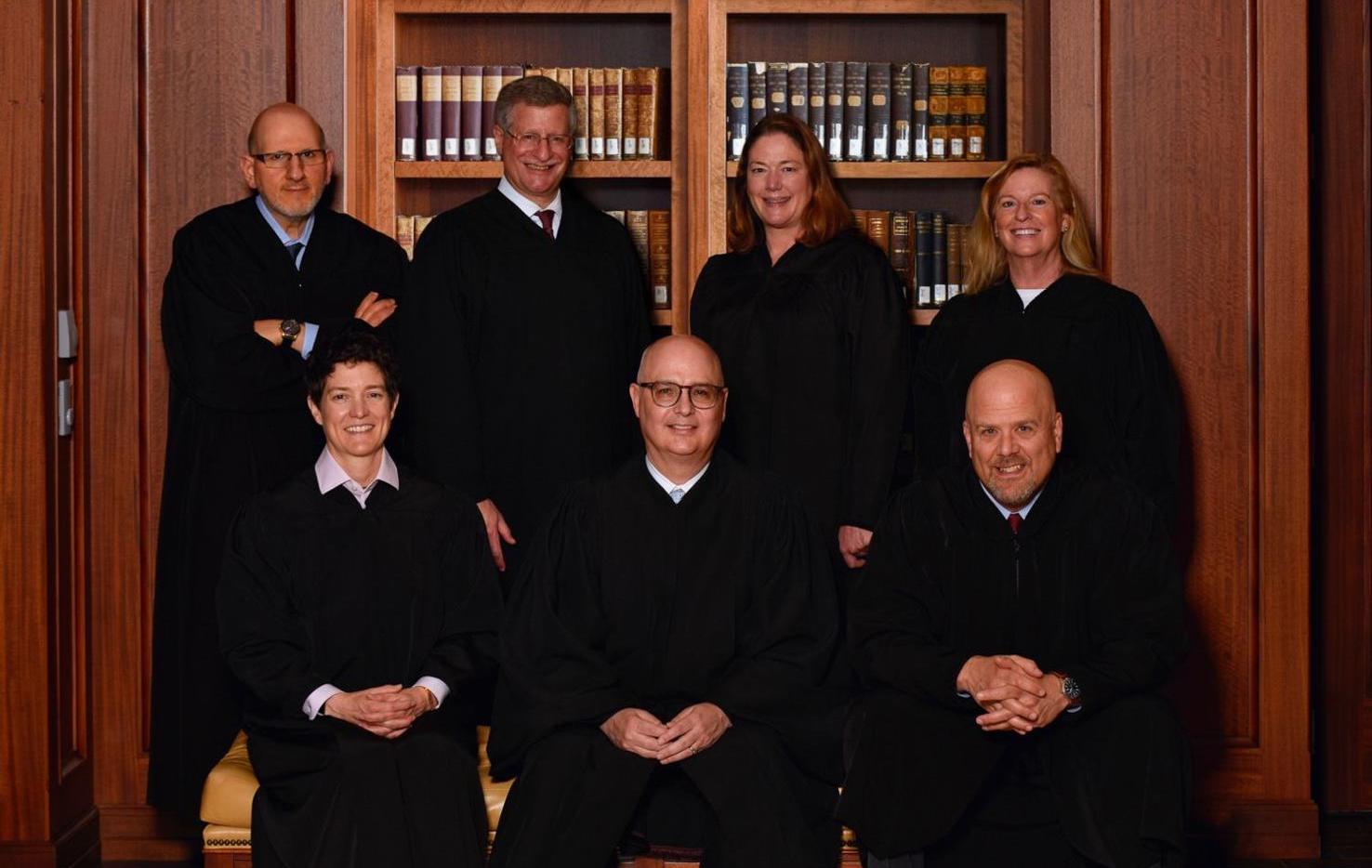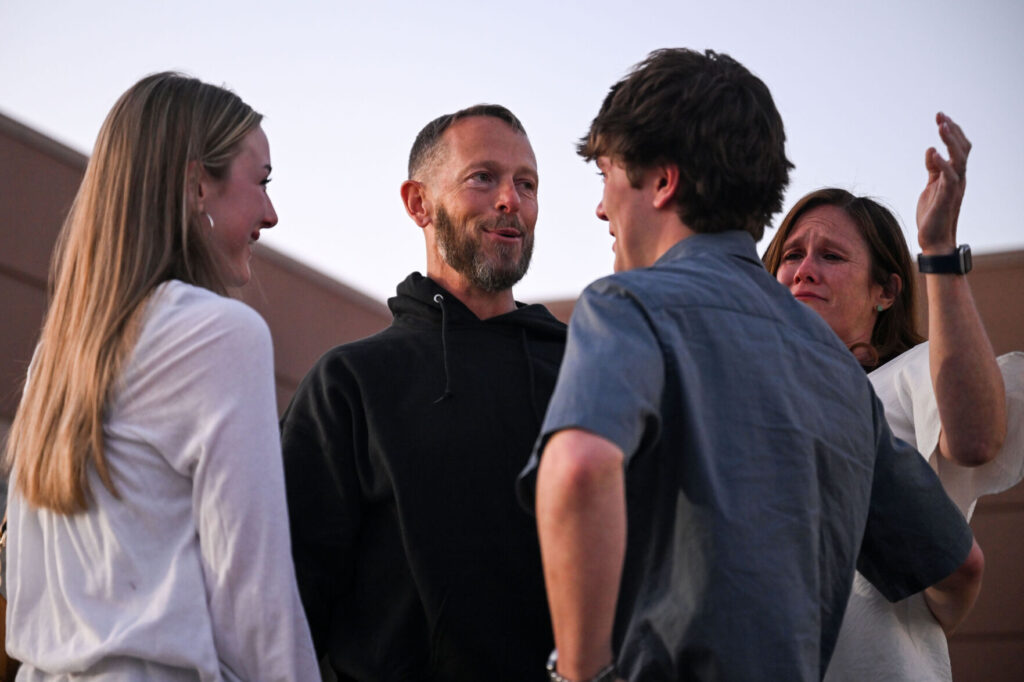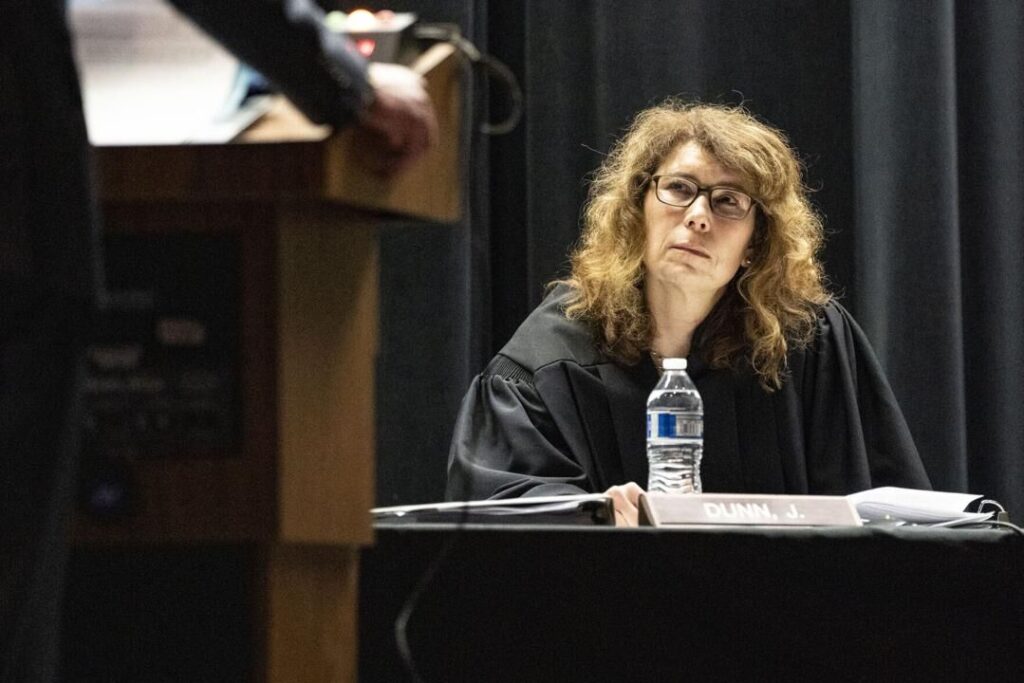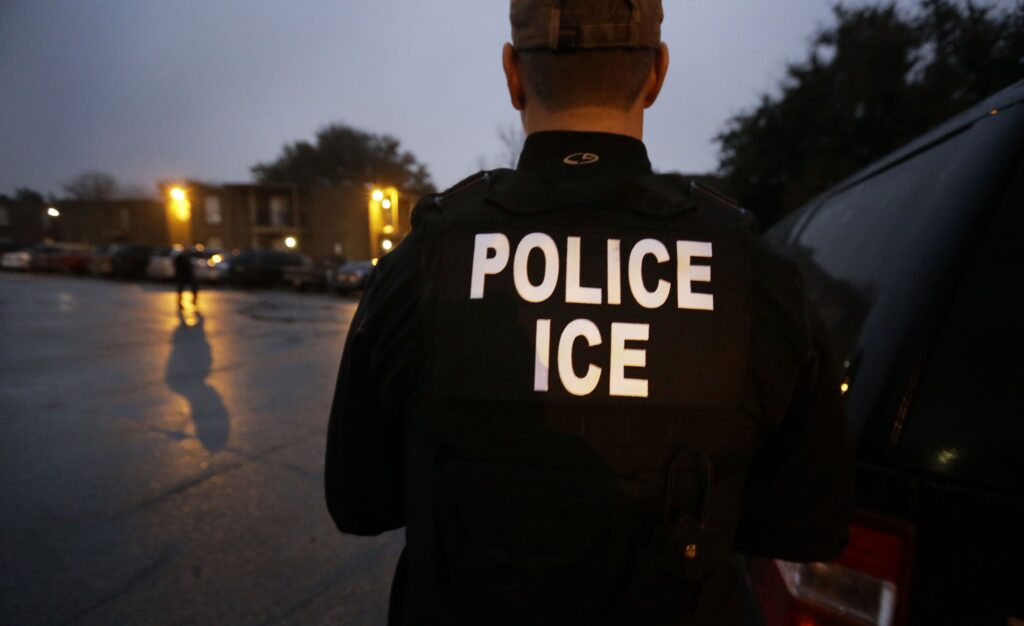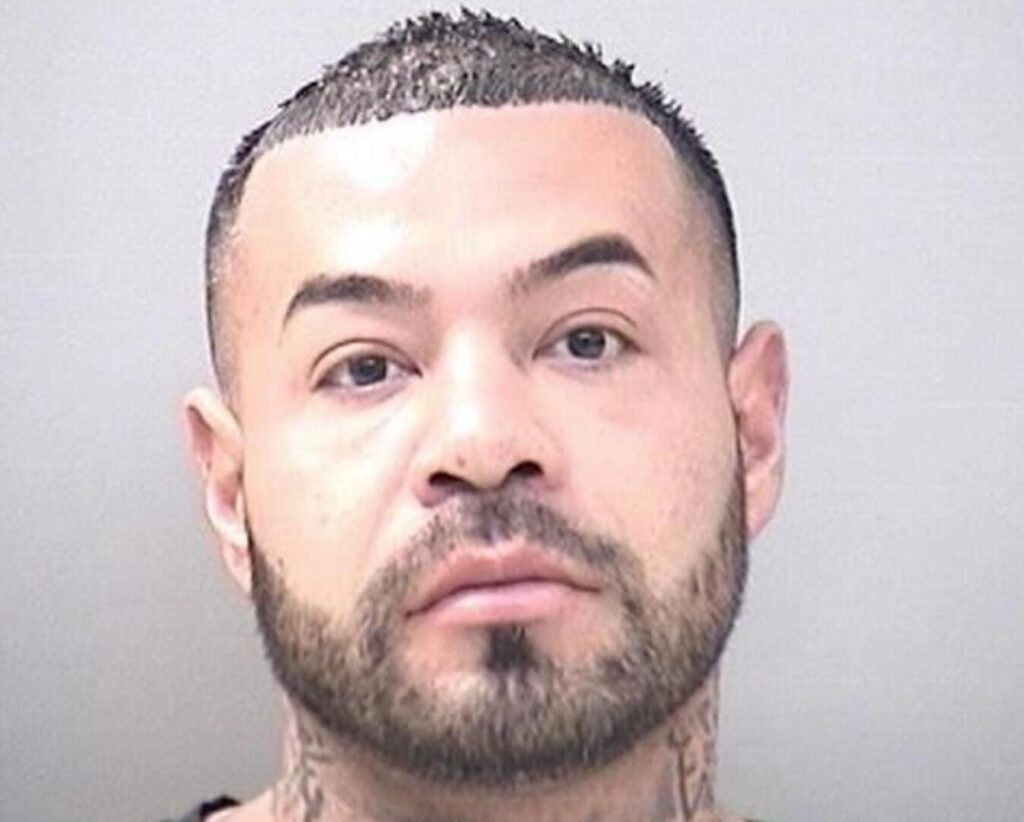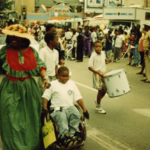State Supreme Court accepts cases on Indian child protections, redacted video tape
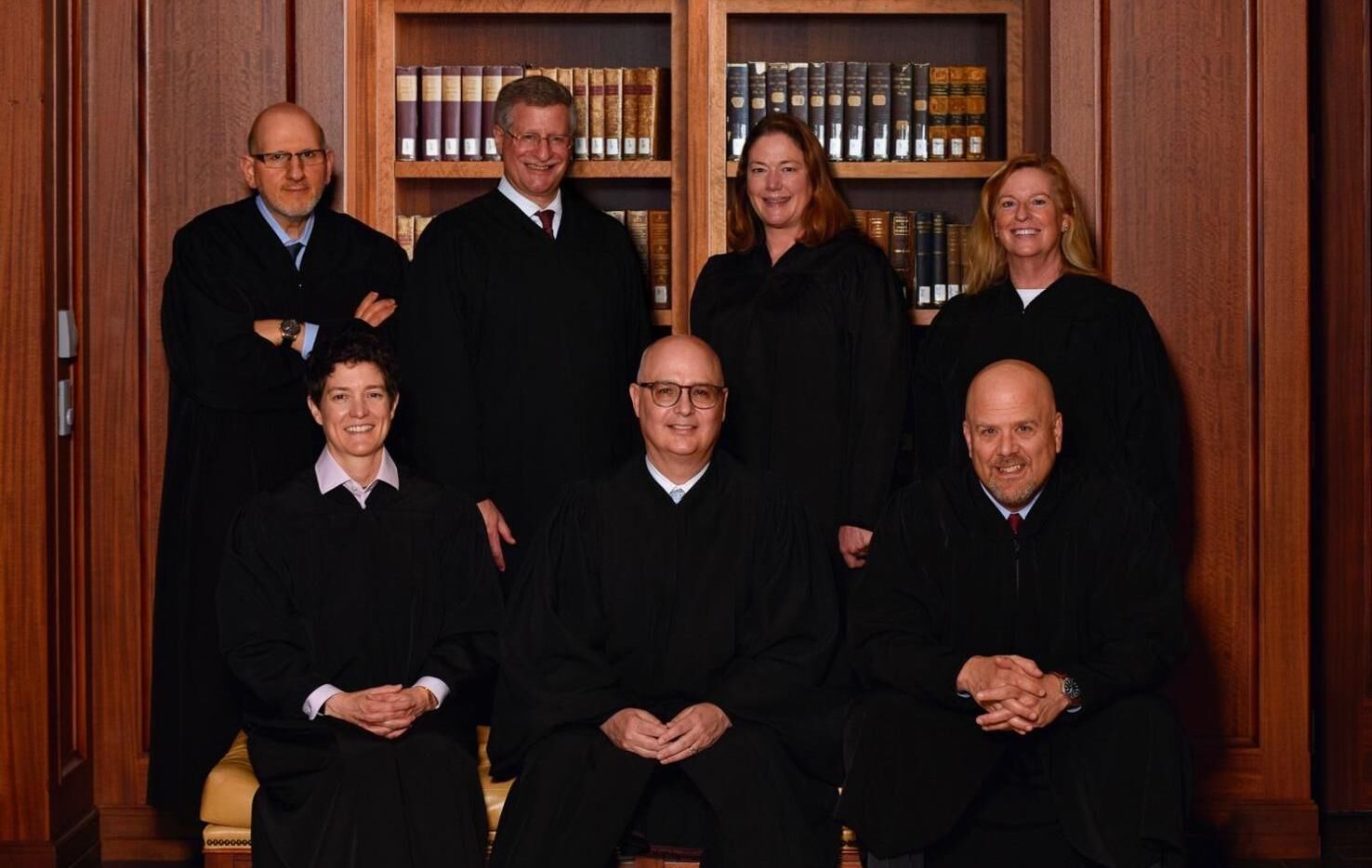
The Colorado Supreme Court has agreed to hear two cases that implicate federal protections for the children of tribal nations and the ability of suspects to potentially make up self-serving statements to use for their benefit at trial.
The latest announcements from the state’s highest court continue a recent trend of granting appeals involving the Indian Child Welfare Act, a four-decade-old federal law Congress enacted to address the fact that Indigenous children were being removed or adopted from their homes at rates far above the norm. In May of last year, the justices decided counties do not have an obligation to help enroll eligible children in tribal nations, and will soon issue a decision interpreting what “active efforts” the state is required to undertake to avoid the breakup of American Indian families.
In the first case accepted for review, People in the interest of E.M., Denver Human Services initiated child welfare proceedings against a mother, identified as D.R.M. The mother indicated she had Apache and Sioux heritage, which potentially triggered the protections for American Indian children under ICWA, as the federal law is nicknamed.
As part of ICWA’s requirements, relevant tribal nations are supposed to receive notice when custody proceedings involve an Indian child – meaning a child who is a tribal member or who is eligible for membership given the child’s lineage.
The purpose of tribal notice, according to the National Indian Law Library, is to allow tribes to intervene in proceedings in order to educate state courts on tribal culture, and enable them petition for a transfer of the case to a tribal court. The notification occurs when a court knows or has reason to know that an Indian child is involved in the case.
Denver Juvenile Court Judge Pax Moultrie directed the human services department to gather additional information to determine if D.R.M.’s child was, in fact, an Indian child. After the department moved to terminate the legal parent-child relationship for D.R.M., Moultrie decided she had no reason to know that the child fit the definition, and she terminated the relationship.
D.R.M. appealed, arguing Moultrie did not ensure the appropriate tribes received notice. The department had learned from the mother that she had Sioux or Apache heritage, but also learned from the grandmother about the potential for Sioux and Cherokee, and the possibility of Sioux from the grandfather.
The human services department countered that, in prior court proceedings involving D.R.M., notice went out to Apache and Sioux tribes, and the tribal nations reported her children were not Indian children.
In December 2021, a three-judge panel for the state’s Court of Appeals determined the juvenile court had not complied with ICWA. Moultrie had reason to know D.R.M.’s child is an Indian child and any prior inquiry into the child’s status should not have been a reason to avoid sending notice anew to the tribal nations.
“Here, the department’s investigation did not ensure that enrollment criteria for the Apache or Sioux tribes had not changed,” wrote Judge Anthony J. Navarro for the panel. “Moreover, the investigation revealed a third affiliation, Cherokee, that had not been previously examined.”
The Supreme Court will evaluate if the appellate panel’s conclusions were correct, and will also weigh whether the Court of Appeals made a mistake in deciding the mother may appeal any further decisions Moultrie makes after retracing her steps to comply with ICWA.
In the second case, People v. McLaughlin, the government is challenging a Court of Appeals ruling that overturned the drunk driving-related convictions for Charles Joseph McLaughlin based a video shown to jurors that the Court of Appeals deemed misleading.
After a pickup truck collided with a concrete median and came to rest in a parking lot in Arapahoe County, an officer found McLaughlin with the vehicle, unsteady and smelling of alcohol. The officer’s body-worn camera footage showed McLaughlin repeatedly reference an unnamed woman who was supposedly driving his truck.
“She, uh, split,” McLaughlin said after the officer asked what happened to his truck.
“Why didn’t you pull in to here and park?” the officer questioned.
“I didn’t,” McLaughlin said, again referencing the woman. “I didn’t drive anything. I’m sitting here trying to figure out what’s going on because … she walked away and over there,” he added.
At trial, jurors saw a redacted video with all references to the woman removed. The trial judge warned the defense that, if jurors saw the whole video, the prosecution could also present evidence of McLaughlin’s prior felony convictions. The defense opted not to pursue the unredacted video in light of that choice.
The Court of Appeals agreed the edited video allowed the prosecution to create a narrative that McLaughlin had no idea how his vehicle landed in the parking lot, when he had actually claimed to the officer that a woman was involved. The panel cited the “rule of completeness,” which is intended to guard against misleading impressions from out-of-context evidence.
The prosecutors “not only injected that misleading impression into the case, they extensively relied on it to secure a conviction,” wrote Judge Ted C. Tow III.
The Supreme Court will hear the government’s appeal of that ruling. The attorney general’s office argues that the decision opens the door to defendants making self-serving statements at the time of their arrest in an attempt to later sway the jury.
